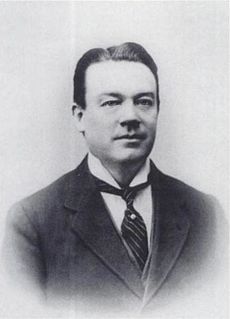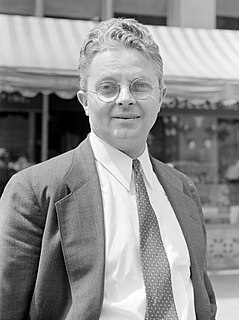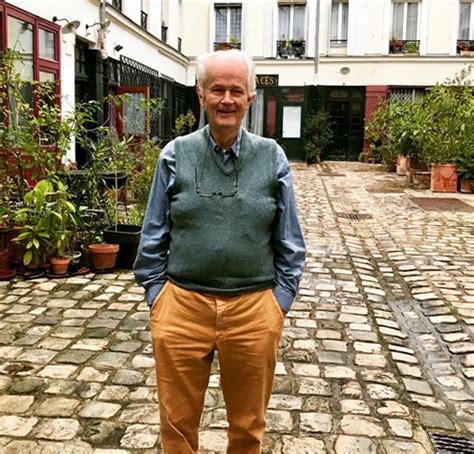A Quote by Kingsley Amis
Related Quotes
Saw you walking barefoot taking a long look at the new moon's eyelid later spread sleep-fallen, naked in your dark hair asleep but not oblivious of the unslept unsleeping elsewhere Tonight I think no poetry will serve Syntax of rendition: verb pilots the plane adverb modifies action verb force-feeds noun submerges the subject noun is choking verb disgraced goes on doing now diagram the sentence
You expect far too much of a first sentence. Think of it as analagous to a good country breakfast: what we want is something simple, but nourishing to the imagination. Hold the philosophy, hold the adjectives, just give us a plain subject and verb and perhaps a wholesome, nonfattening adverb or two.
'State' can be a word that is a noun or a verb or an adverb - it's kind of why I chose that title. It's not to confound the audience but to keep me from painting myself into a cul-de-sac in the early stages of making a record by having too high concept or having some really strict set of rules I have to adhere to.
Probably the best way to describe my writing style is to refer you to "purple prose", which was a tag given to the early mass market magazine writers earning a half cent a word for their fiction. They had to use every adjective, verb and adverb in the English language to add word count to stories in order to feed and support families.
The secret of good writing is to strip every sentence to its cleanest components. Every word that serves no function, every long word that could be a short word, every adverb that carries the same meaning that’s already in the verb, every passive construction that leaves the reader unsure of who is doing what—these are the thousand and one adulterants that weaken the strength of a sentence. And they usually occur in proportion to the education and rank.







































